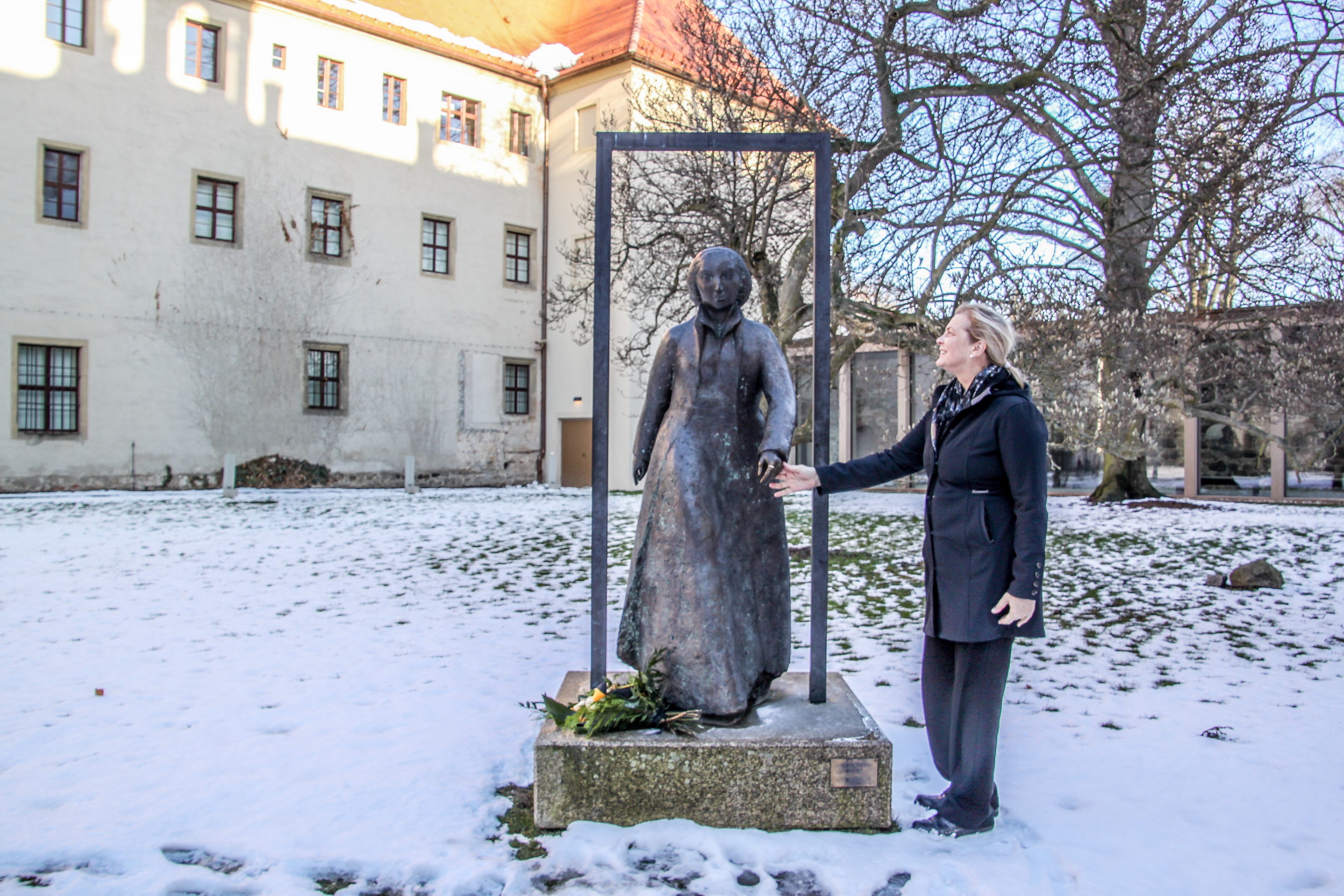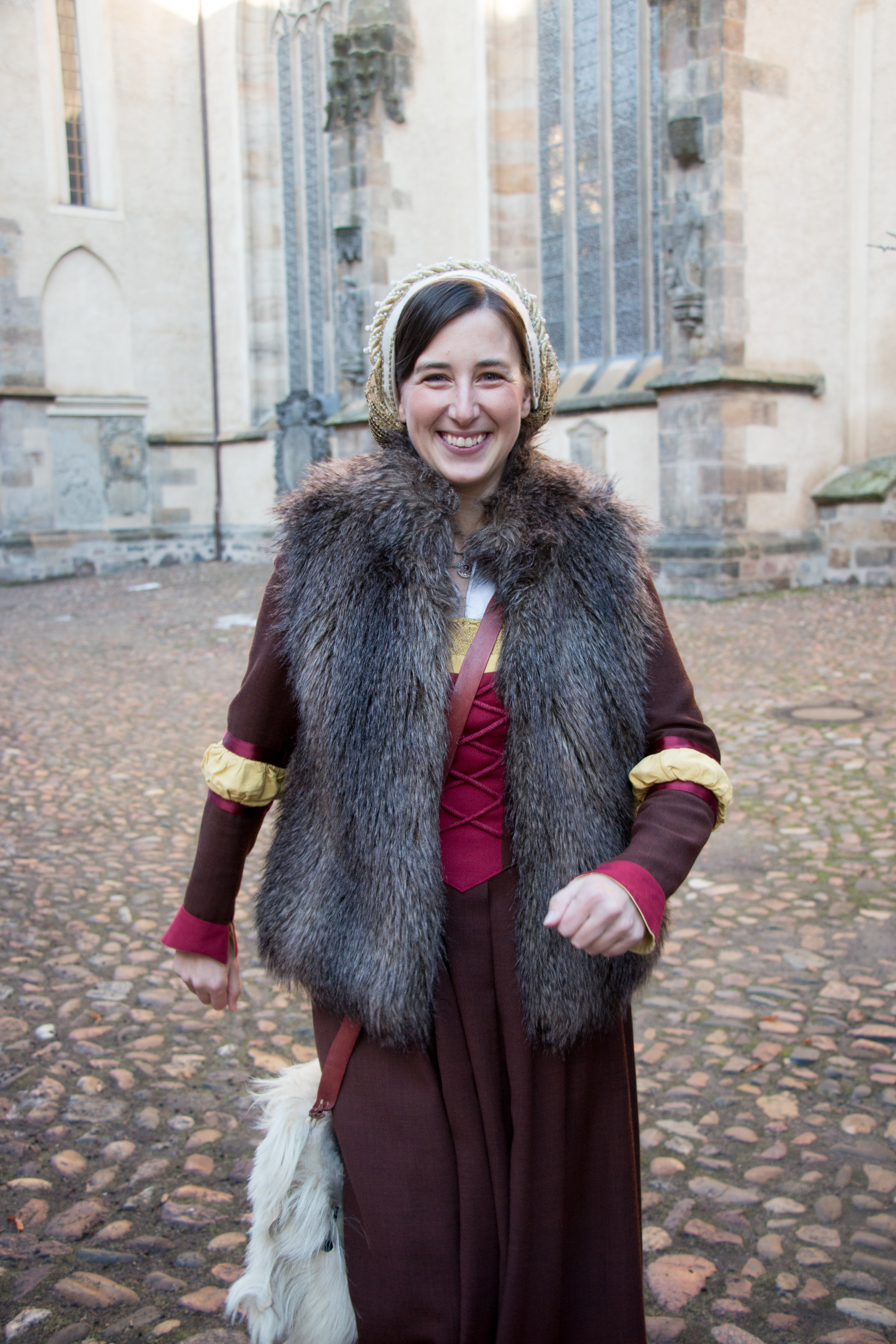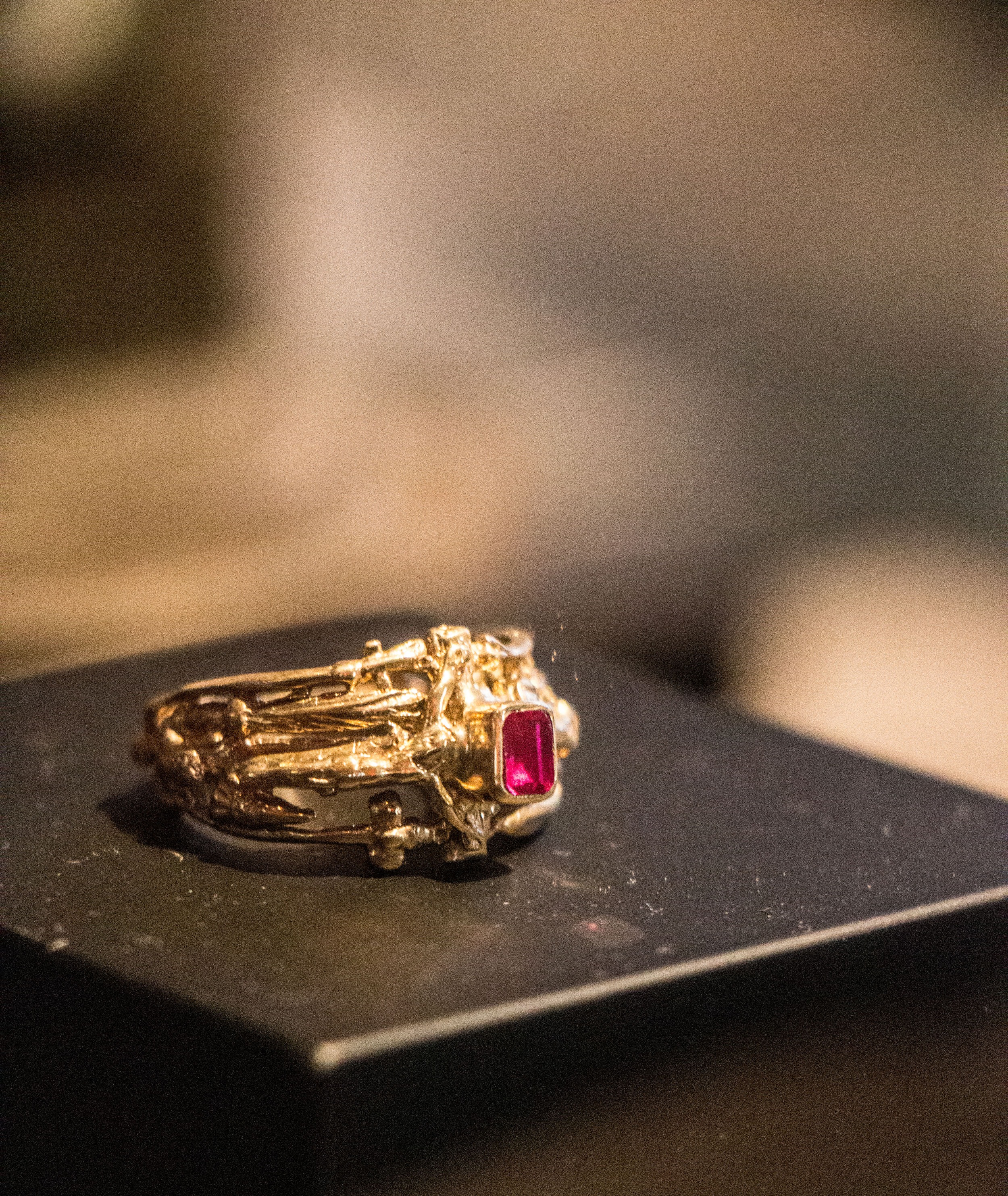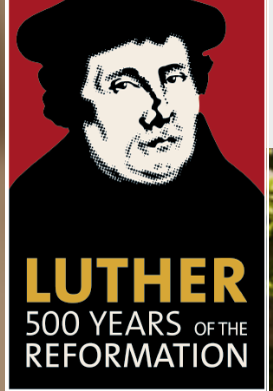A Female Voice of the Reformation
“Luther's greatest friend and one true love, Katharina von Bora, shines as one of the leading female leaders of the Reformation. A former nun turned loving wife and mother, Katharina was a smart, shrewd woman and pillar of strength for Luther and their many children” (visit-luther.com).
Katje Köhler loves her job as a local tour guide in Lutherstadt Wittenberg, Germany. (The “Lutherstadt” designation has been given to a few cities wanting to identify as a “Luther City”). On the eve of the upcoming 500th anniversary of the Reformation happening in 2017, Katje has been busier than usual. Tourists come into town to learn more about Martin Luther; however, they soon learn that he could not have accomplished as much as he did without the support of many others. Katje weaves the names of Elector Frederick the Wise, Philip Melanchthon, Johannes Bugenhagen, Lucas Cranach, and Katharina von Bora into her stories about life during the Reformation.
Martin Luther was one of the most influential people in Western Christianity, largely responsible for the division of the Roman Catholic Church, resulting in a variety of Protestant faiths. Listen to Katja, dressed as Katie Luther, talk about Martin Luther’s contribution to Germany and the life of the church.
On the religious landscape of the day, Luther’s mark was revolutionary. His interpretation of Scripture, primarily Galatians and Romans, helped to shape a different way of looking at God’s relationship with people. Luther believed that God’s grace, life and salvation are not earned by human works, but are freely given to us, without any merit on our own.
Katharina von Bora (1499-1552) became the most famous pastor’s wife in the world. Left by her father to be raised in a convent at age five after her mother died, she lived there until she learned about Luther’s writings. To her good fortune, she received an education, including instruction in Latin.
Katharina and the other nuns wrote to Luther, asking for his help in leaving the convent. At the risk of being killed for doing so, Luther arranged for them to be smuggled out on a cart carrying barrels of herring. While some of the nuns returned to their homes, others were married, and the rebel monk and former nun were also married (although he resisted at first.)
When the couple was gifted the the Black Cloister monastery by Elector Frederick, Katharina ran the house, regularly hosting religious scholars from around the world. Accustomed to as many as 40 people at the dinner table, Katie brewed beer, ran a dormitory, managed the gardens and farm and earned a considerable income. With her financial savvy and leadership, the operations of the Luther House were strong, whether Martin was in town or not. She even created a hospice for people during plague times.
The only woman present in the theological “table talk” discussions with theologians and students, Katie’s vocal contributions to the discussions were recorded as from “a student”. Unheard of for the day, Martin made Katharina the sole heir to the estate when he died in 1546. He called her “my morning star.”










